美研究人员着手开发节能型计算机处理器
2011-09-05 14:35
来源:
OFweek电子工程网
附原文:
Researchers aim for energy-harvesting CPUs
SAN FRANCISCO—A team of researchers from Virginia Commonwealth University (VCU) was awarded two grants totaling $1.75 million from the U.S. National Science Foundation and the Nanoelectronics Research Initiative of Semiconductor Research Corp. to create powerful, energy-efficient computer processors that can run an embedded system without requiring battery power.
The research, based on a paper published by the VCU research team in the August issue of the journal Applied Physics Letters, replaces transistors with special tiny nanomagnets that can also process digital information, theoretically reducing the heat dissipation by one 1,000 to 10,000 times, according to VCU.
The team, led by researchers at the VCU School of Engineering, is working with colleagues from the University of Virginia in Charlottesville, the University of Michigan at Ann Arbor and the University of California at Riverside to translate its theoretical work into a computing device.
“The purpose of this work is to establish a new paradigm for digital computing which will be extremely energy-efficient and hopefully allow us to pack more and more computing devices on a chip without having to worry about excessive heat generation," said Supriyo Bandyopadhyay, co-principal investigator for the study at VCU and professor of electrical and computer engineering in the VCU School of Engineering. "This will allow us to increase the computational prowess of computers beyond what is available today."
As engineers have shrunk the size of processors in accordance with Moore''''s Law, packing more and more transistors onto a chip, it has created a challenge in efficiently removing the heat that the transistors generate. Reducing the amount of heat dissipated when the transistor switches is considered to be the best approach to alleviating this problem.
According to Bandyopadhyay and Jayasimha Atulasimha, an assistant professor of mechanical and nuclear engineering in the VCU School of Engineering who serves as co-principal investigator on the project, this research could lead to a type of digital computing system ideal for medical devices such as processors implanted in an epileptic patient’s brain that monitor brain signals to warn of impending seizures. This processor would run by harvesting energy only from the patient’s head movements, without requiring a battery, they said.
In addition to the paper published in Applied Physics Letters, telated work by Bandyopadhyay and Atulasimha has also been published in the journals Physical Review and Nanotechnology.

声明:
本网站所刊载信息,不代表OFweek观点。刊用本站稿件,务经书面授权。未经授权禁止转载、摘编、复制、翻译及建立镜像,违者将依法追究法律责任。
图片新闻
技术文库
最新活动更多
-
即日-12.26立即报名>>> 【在线会议】村田用于AR/VR设计开发解决方案
-
1月8日火热报名中>> Allegro助力汽车电气化和底盘解决方案优化在线研讨会
-
1月9日立即预约>>> 【直播】ADI电能计量方案:新一代直流表、EV充电器和S级电能表
-
即日-1.14火热报名中>> OFweek2025中国智造CIO在线峰会
-
即日-1.16立即报名>>> 【在线会议】ImSym 开启全流程成像仿真时代
-
即日-1.20限时下载>>> 爱德克(IDEC)设备及工业现场安全解决方案
推荐专题









 分享
分享



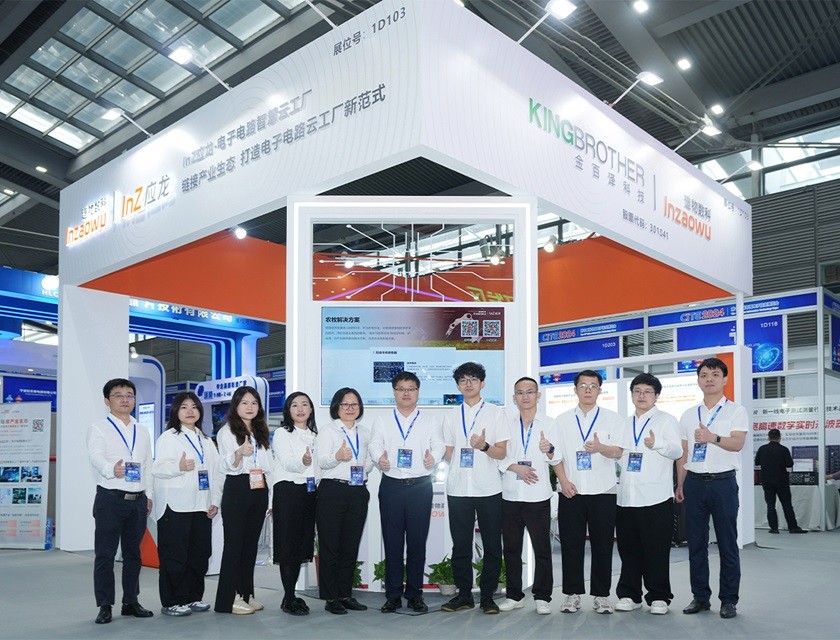
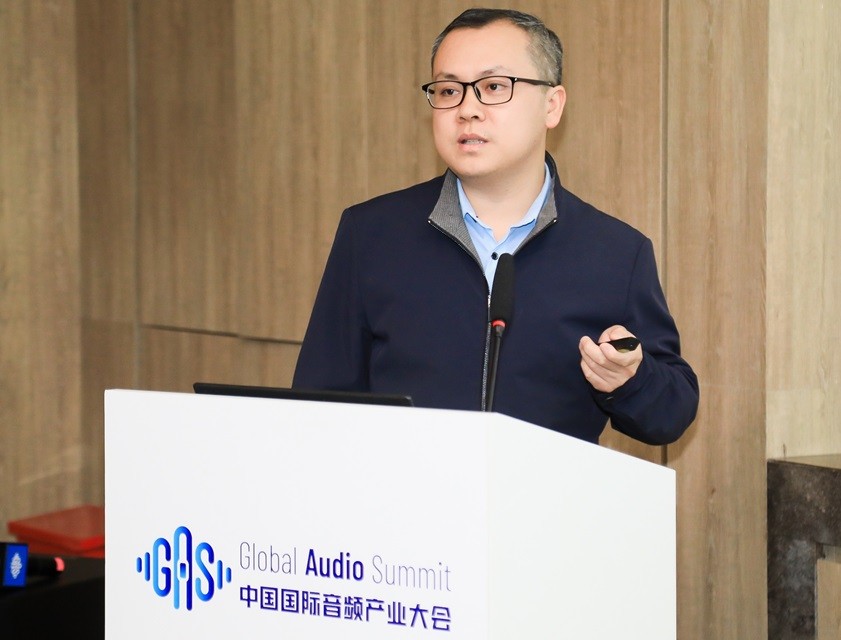
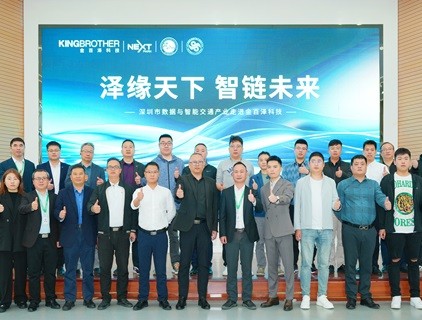
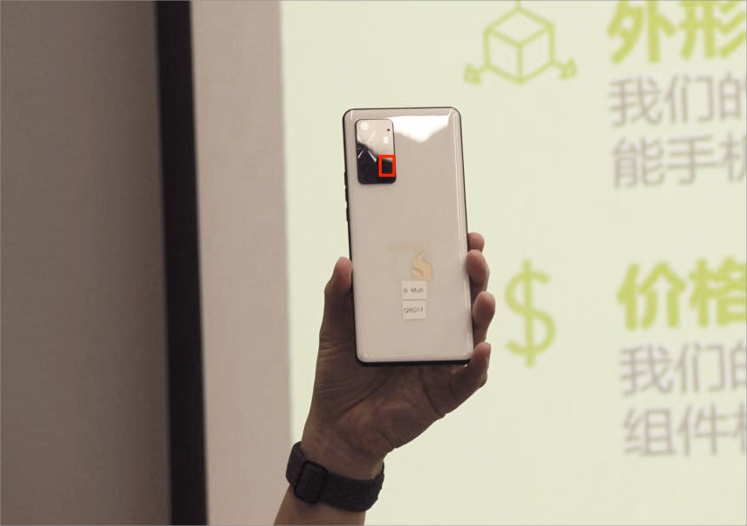
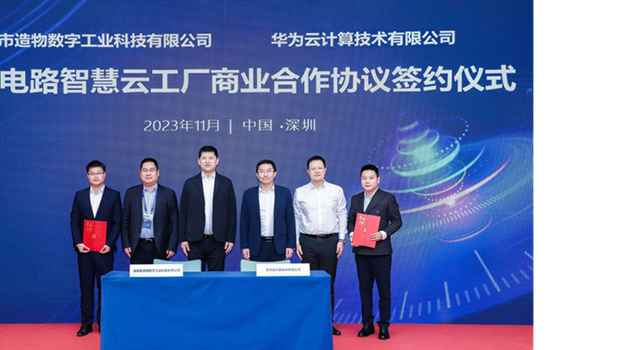







发表评论
请输入评论内容...
请输入评论/评论长度6~500个字
暂无评论
暂无评论